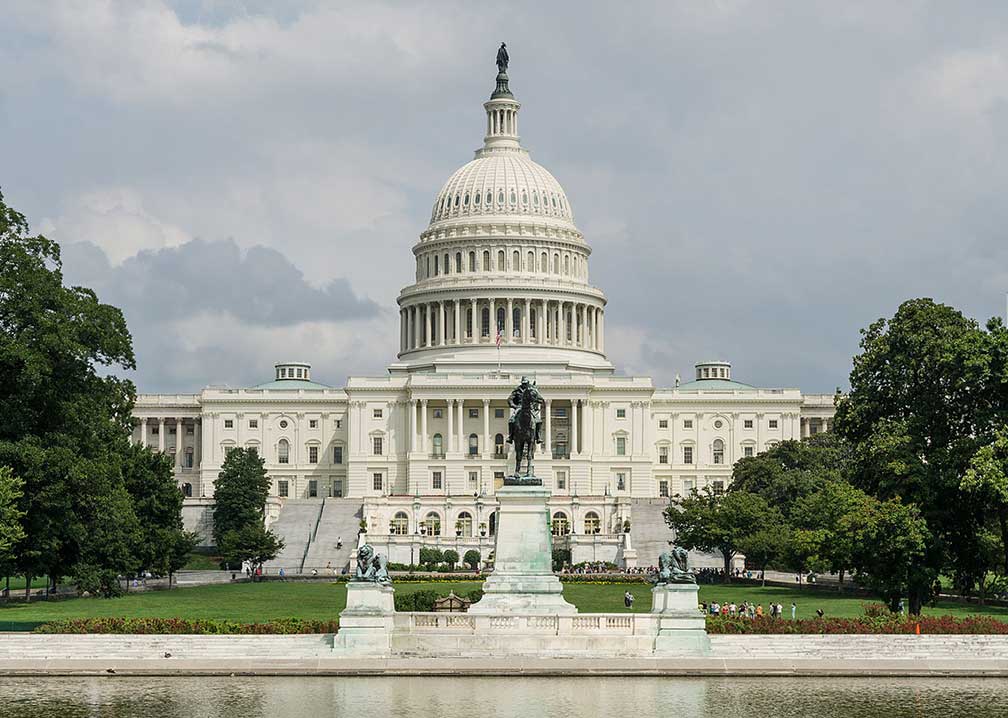
The Sudan War: A Transformative Political and Economic Crisis
The Sudan War has become a focal point for understanding the complex interplay between conflict, displacement, and political transformation. This war is not just a military struggle but a deep-seated disruption of the social, economic, and political fabric of the country. Through the collaborative efforts of various research institutions, the crisis in Sudan is being examined through multiple lenses, including the intersections of war, displacement, identities, and capital. Researchers from Sudan, many of whom have experienced displacement themselves, are shedding light on their lived experiences, the evolving dynamics within affected communities, and the potential futures that may emerge.
Sudan's displacement crisis stands out as one of the most severe in the world. With a third of the displaced population originating from Khartoum, the capital city once projected to be among Africa’s top megacities by 2100, the impact of the war is profound. The city, which was once a hub of economic activity and urban development, now faces a landscape transformed by conflict. As of March 2025, there has been a reported 2.4% decline in internally displaced persons (IDPs), marking the first decrease since April 2023. Some individuals have begun returning to areas reclaimed by the Sudan Armed Forces, but this return does not signify an end to displacement. Instead, it reveals the enduring grip of the crisis on the lives of those who have been forced to leave their homes.
Displacement as a Political Reality
Displacement in Sudan is no longer merely a condition; it has evolved into a transformative political reality. The war has fundamentally altered the relationship between political and economic capital, reshaping how power is distributed and exercised. For displaced individuals, capital manifests in everyday life through access to work, services, and networks that enable them to rebuild their lives. The collapse of economic infrastructure has disrupted traditional systems of power, forcing political groups to operate in a landscape where old alliances and patronage networks no longer hold sway.
The destruction of Sudan’s economic foundations has had far-reaching consequences. Previous conflicts, while devastating, operated within a persistent political economy where elites cycled through power-sharing deals, relying on extractive industries and patronage networks. However, the current war has erased these structures, leading to a systemic collapse that has left the country in a state of uncertainty. The service sector, which once contributed significantly to GDP and employment, has been decimated by the destruction of urban centers like Khartoum. Similarly, the industrial sector, concentrated in key cities, has suffered massive losses, with manufacturing facilities in Khartoum reporting 90% destruction.
Agriculture, the largest employer in Sudan, has also been severely impacted. Pre-war stagnation has accelerated under the conflict, with farmers facing challenges such as insecurity, disrupted supply chains, and soaring input prices. While some forms of agriculture, particularly capital-intensive irrigated farming, show limited resilience, smallholders in rain-fed agriculture have been hit harder, often resorting to informal non-farm activities to survive.
Economic Reconfiguration and Political Power
Sudan’s post-war economy has become increasingly dependent on extractive industries, particularly gold exports, which have emerged as a critical fiscal lifeline. Over the past two years, tax revenues have collapsed amid a shrinking formal economy, with gold production generating $1.9 billion in revenue. While this boom temporarily offsets declining tax income, it leaves the budget vulnerable to global price volatility and reinforces an economy driven by extraction.
This economic reconfiguration has further reshaped Sudan’s political landscape in paradoxical ways. The hollowing of the state’s productive economic base has reinforced a decades-long reliance on extractive industries, now monopolized by military elites who trade control of gold mines, smuggling networks, and customs revenues for political loyalty. This system, described as a "political marketplace," is characterized by transactional alliances where power is brokered through money, weapons, or protection. However, the war has amplified this logic, with competing factions stripping public assets with even greater urgency.
Governance in a Fragmented State
In this vacuum, authority is being redefined. Public services such as electricity, water, and security will increasingly depend on a patchwork of non-state actors, including armed groups, diaspora-funded NGOs, local mutual aid groups, and tribal leaders. These entities cultivate legitimacy through governance, providing essential services and shaping compliance based on necessity rather than trust in institutions.
For Sudan’s urban middle class, once insulated by remittances from relatives abroad, this erosion of centralized governance has laid bare their political fragility. Remittances, which served as a lifeline for households facing collapsed healthcare and education systems, now function as a grim subsidy for the state’s abdication of responsibility. This stopgap cannot mask the state’s irrelevance, nor can it restore the middle class’s eroded political agency.
Displacement as a Political Transformation
Displacement in Sudan is not a temporary disruption to be "solved" by return; it is an irreversible political transformation. The war has ruptured the foundations of power, severing millions from the economic, social, and institutional ties that once defined their political agency. To assume that repatriation alone can restore pre-war dynamics ignores the profound capital shifts that have already reshaped Sudan’s political landscape.
Displaced actors—whether activists, community leaders, or political elites—do not simply resume old roles when they return. Displacement changes the meaning of wealth and influence. Those who return cannot reclaim authority tied to systems that no longer exist, nor can they ignore the networks and strategies forged in exile. Their ability to influence politics now hinges on what they can carry back with them: a transferable capital that encompasses resources—economic, social, political, or cultural—that retain their utility across displacement contexts.
This distinction is critical. Displacement does not merely relocate people—it reconfigures their political agency. The war has not just destroyed infrastructure; it has redistributed capital in ways that redefine who holds influence, how it is wielded, and what legitimacy means in a fragmented state. The future of Sudan hinges on recognizing this new political reality, where power flows not through old institutions but through the contested interplay of survival, innovation, and resilience.
